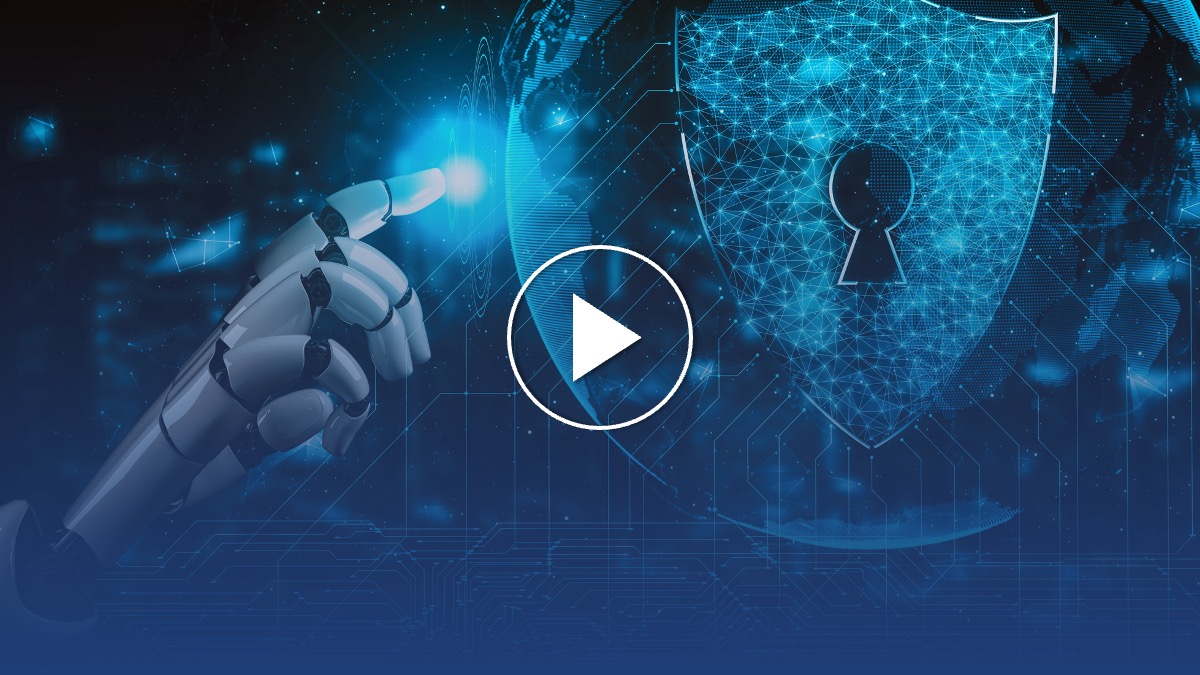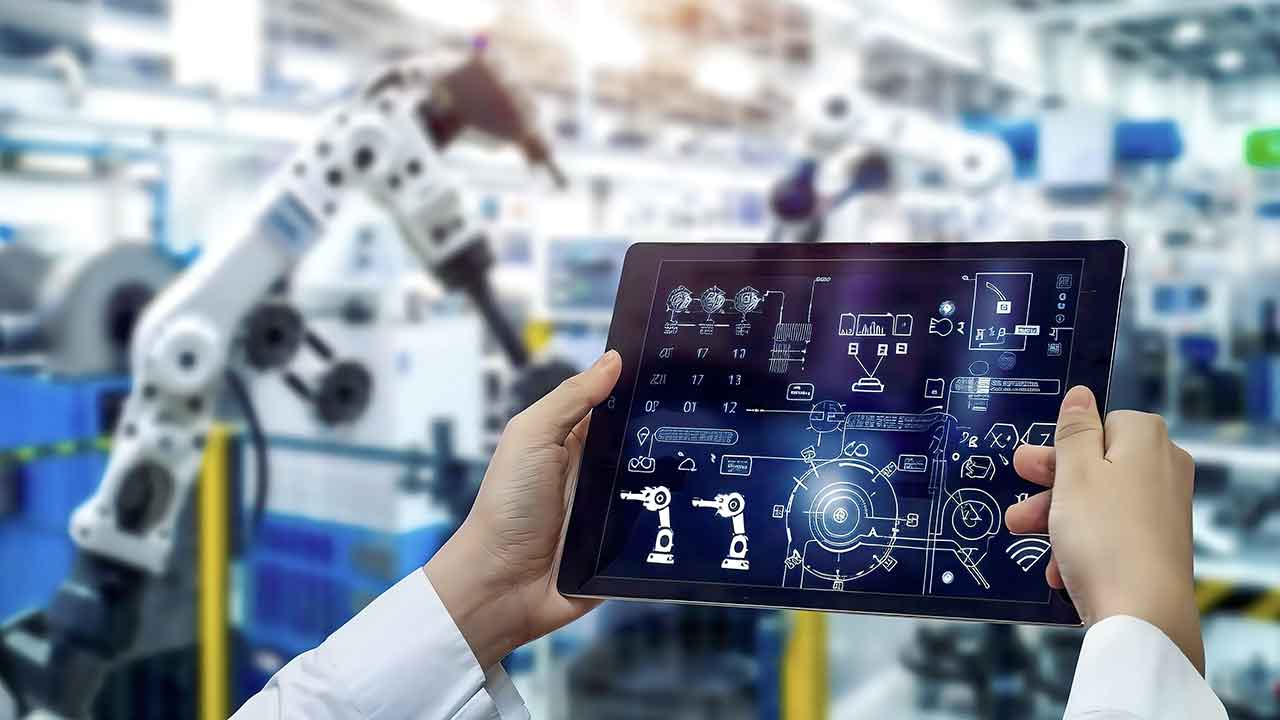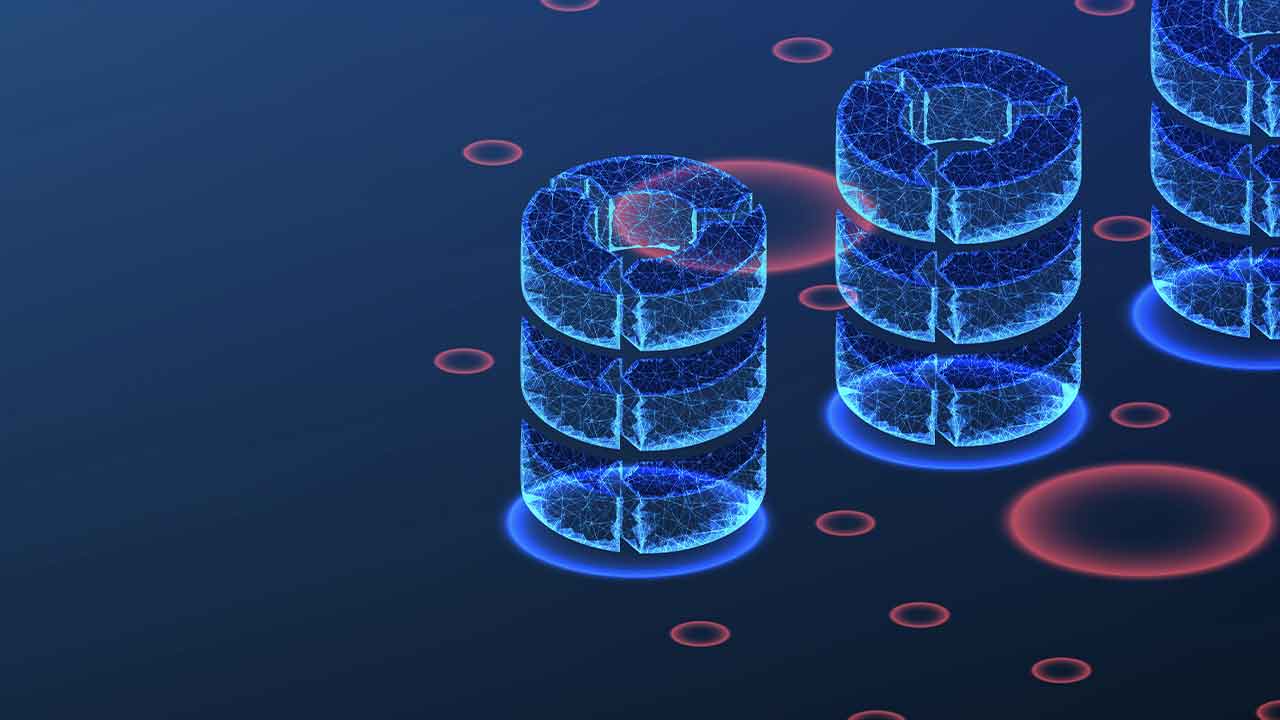Securing the Future: Adapting Industrial Cybersecurity for an AI-Driven Era | SPONSORED
Industrial cybersecurity is increasingly about data and connectivity, transcending traditional boundaries to address what were once futuristic concepts under Industry 4.0. This interview during Hannover Messe with Johannes Goldbach, Director, Keyfactor, focuses on ICS cybersecurity. He explains that there is a shift in the exhibitors’ focus from primarily showcasing heavy machinery to demonstrating software-driven solutions enhanced by AI. This transition reflects a broader industry movement towards tackling macro-level challenges such as workforce skill gaps, which refer to the lack of specialized knowledge and expertise in industrial cybersecurity, and heightened customer expectations for product quality.
Challenges and Solutions in Cybersecurity
This year’s critical theme at the booth was the urgent need to acknowledge existing cybersecurity measures and enhance them. Johannes points out that while many companies have embraced connectivity through private 5G networks and IoT devices, there remains a significant gap in securing these connections. This gap is particularly evident as companies realize the potential vulnerabilities in their systems and seek solutions to protect their operations effectively.
Enhancing Security Through Community and Standards
One of the key strategies discussed by Johannes involves the crucial role of collaboration and the utilization of established standards in bolstering cybersecurity. He highlighted the importance of collaboration across industries and the utilization of frameworks provided by organizations such as NIST and ISA to develop robust cybersecurity protocols. This approach not only helps in standardizing security measures but also in ensuring that they are adaptable to the evolving technological landscape.
The Importance of Securing Device Identities
A significant part of the discussion focuses on the importance of securing device identities to prevent unauthorized access and data breaches. Johannes explains how Keyfactor uses public key infrastructure (PKI) and other technologies to ensure that devices are authenticated and secure, thereby protecting the integrity of data in transit.
Preparing for the Future
Looking forward, Johannes emphasized the need for crypto agility—the ability to swiftly adapt to new cryptographic standards as threats evolve, particularly with the advent of quantum computing, a technology that could potentially render current encryption methods obsolete. He stressed the importance of preparing for post-quantum cybersecurity, suggesting that the next 12 months would be crucial for organizations to enhance their readiness for future threats.
Johannes’s insights at Hannover Messe highlight the dynamic nature of industrial cybersecurity and the critical need for industries to adapt rapidly. As connectivity becomes a staple in industrial operations, securing data and systems against emerging threats is paramount. Manufacturers and industry stakeholders must prioritize robust cybersecurity frameworks and stay agile in the face of technological advancements to safeguard their operations and maintain trust in an increasingly connected world.
The interview was recorded by Lucian Fogoros during the Hannover Messe 2024. This summary was created based on the video transcript with the assistance of https://chat.openai.com. It was edited by the IIoT World team.



